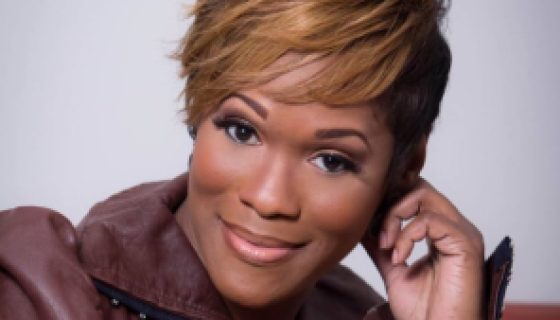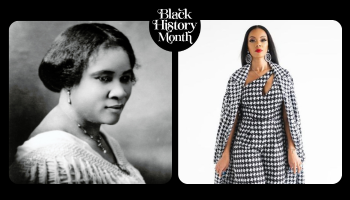Economists will tell us that a free market system is the most efficient way to exchange goods (and even wellbeing) within a society. Using the money of markets, we place values on the things that we have and the things that we want, giving people an easy way to trade things they want less for things they want more. For the most part, everyone wins in a free market economy.
But are there some things that, due to their nature, should be beyond the markets? Are there things that should not be bought and sold? This is the question that Harvard Professor Michael Sandel asks in his new book, “What Money Can’t Buy: The Moral Limits of Markets.”
One example in the book is the use of blood banks to monetize blood giving. An economist would argue that creating a market for blood actually adds to the virtue of the system because it increases individual choice and freedom. In other words, if someone still wants to donate blood for free, they can. But if they prefer to sell their blood, they now have this option too. And theoretically, this should make more blood available to those in need, as blood can be received from people with different motivations.
But sociologist Richard Titmuss looked at this issue by comparing the UK system of blood collection (donor only) to the monetized American system and found the former to be far superior. The introduction of economic incentives led to fewer blood donations rather than more. In fact, Titmuss says the outcome of a monetized system yields not only a lower quantity and quality of blood, but a “declining spirit of giving [that] made for an impoverished moral and social life.”
Here’s Sandel:
Commercializing blood changes the meaning of donating it . . . Is donating a pint of blood at your local Red Cross still an act of generosity? Or is it an unfair labor practice that deprives needy persons of gainful employment selling their blood?
The sale of human blood is not the only example in Sandel’s book where markets might change the moral fabric of our society: the buying and selling of human organs, the purchase of life insurance policies on employees by Walmart and other large corporations (creepily named “dead peasants” insurance,) buying carbon credits to pay for the right to pollute, or buying the rights to kill an endangered animal such as the black rhino, just to name a few.
There are other more subtle ways that economic market thinking changes the fabric of our society in ways that, if we do not pay attention, could change who we are as a species. Some schools, for example, have begun paying their students to read books. And Sandel gives numerous examples of how wealthy people are allowed to pay to “jump the queue”—for example paying a premium to drive in the carpool lane in some states, paying for premium medical services that allow greater, more personalized access to medical treatments, or bypassing the security lines in airports with their first class tickets.














